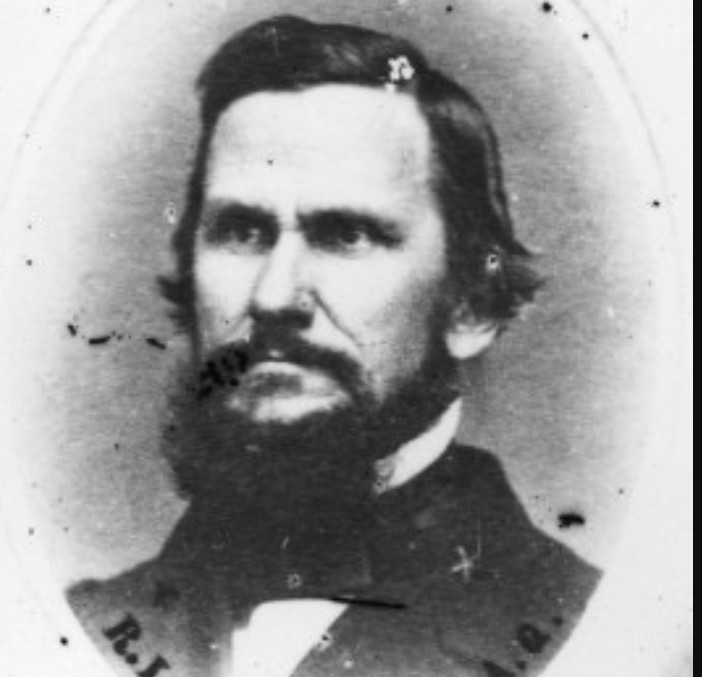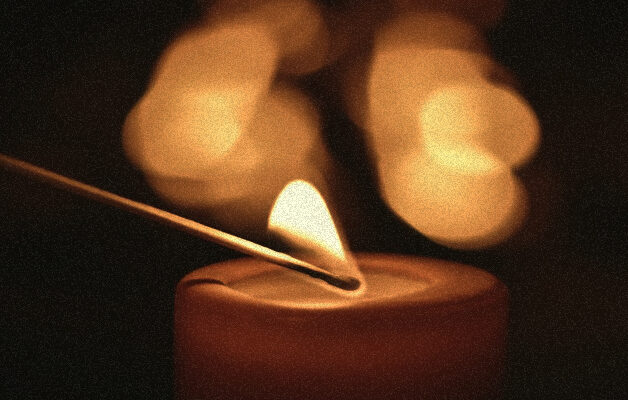Note: This not to be an exhaustive exegesis on the subject of animal sacrifice, nor is it necessary to have a belief in the ancient Hebrew god, or the form of ritual sacrifices for that deity. Many traditions have similar customs.
After an impressive sermon by an up-and-coming minister in my denomination, my youngest son and I began to talk about sacrifices. Not the esoteric variety, but sacrifices that attend to the masses, something plain for all to see. And not just something visually to observe, but a ritual experience that is consumed by all the senses.
Many ancient rituals involved physical sacrifices, such as an animal that was ritually slaughtered with its blood drained and splattered on an altar of some kind, or even on the people gathered to watch. Most of y’all are biblically literate Southerners and are familiar with animal sacrifices performed by the Israelites of the Old Testament. And you also know that they were normally performed at the Tabernacle, and at the subsequent Temples erected by the Jews, the first being built by Solomon.
However, other than atonement for different types of sins, shortcomings, omissions, commissions, have you ever thought about the smell of the sacrifices: doves, lambs, calves, spices, incenses, etc.? All of which went through the fire by boiling, burning, grilling, etc., upon the altars of Jehovah. So, was God hungry, and did this satisfy His appetite?
Of course not, the aroma from these sacrifices were meant for something broader, yet individualistic. What they taught the people was to always to be hungry for the divine. These wonderful smells were a reminder of how wonderful the sacrifices of God were to those that desired the heavenly. You know you’ve gotten close to your favorite restaurant, perhaps a BBQ joint, or steak house, and immediately your desire for those foods dramatically increased.
Now, who do you think were the most satisfied by the aromas that constantly came up from the Temple, filling the city and whetting the appetite of its citizenry? After a brief discussion, it was our conclusion that those closest to the fires would be the least hungered, as they are continually engulfed by the smell of the cooking flesh, day after day. Consequently, they became too familiar, it was their job. Those who were there regularly would still enjoy the smell of the sacrifices, but not as much as the first time they smelt the aroma. The ones that would be captivated, the people that would be drawn to the pleasant odor of the meats cooking, would be those that had never smelled or tasted the goodness of the sacrifices; those that were not just a little hungry, but which were starving.
You’re probably asking yourself: where in the world is he going with this, and what does it have to do with Southern Nationalism? That’s completely understandable, but please indulge me just for a bit more.
As Christians, we are commanded by Christ many times in Scripture to be living sacrifices, to be a sweet-smelling savor unto the Lord. Our lives must exemplify the aroma of divinity, calling others to desire the heavenly, and drawing them closer to the Kingdom of God on Earth. And here at Identity Dixie, we strongly believe the South must be distinctively part of the Kingdom.
Brothers and sister! We have a great cloud of witnesses that, throughout our history, have exemplified for us that piquancy unto God. You know the names of many of these witnesses, such as Lee, Jackson, Davis, Dabney, Thornwell, etc. Their writings are still with us today. We have our poets, such as Father Ryan, where their words were the breath of the divine to our soldiers during and after the War. There are countless letters from common defenders of our homeland reminding us of their sacrifices before an Almighty God.
So, take in the aroma of their sacrifices, hunger for the kingdom of Christ in Dixie, and lead our starving people to the scent of a Free Dixie. More importantly, become that sacrifice unto God, so that your progeny will live in a nation set aside for the heavenly. Whet their appetite for the divine with your living sacrifice.
Deo Vindice!
God save the South!

Service to God and honor to the South.






Christian themed articles are always welcome